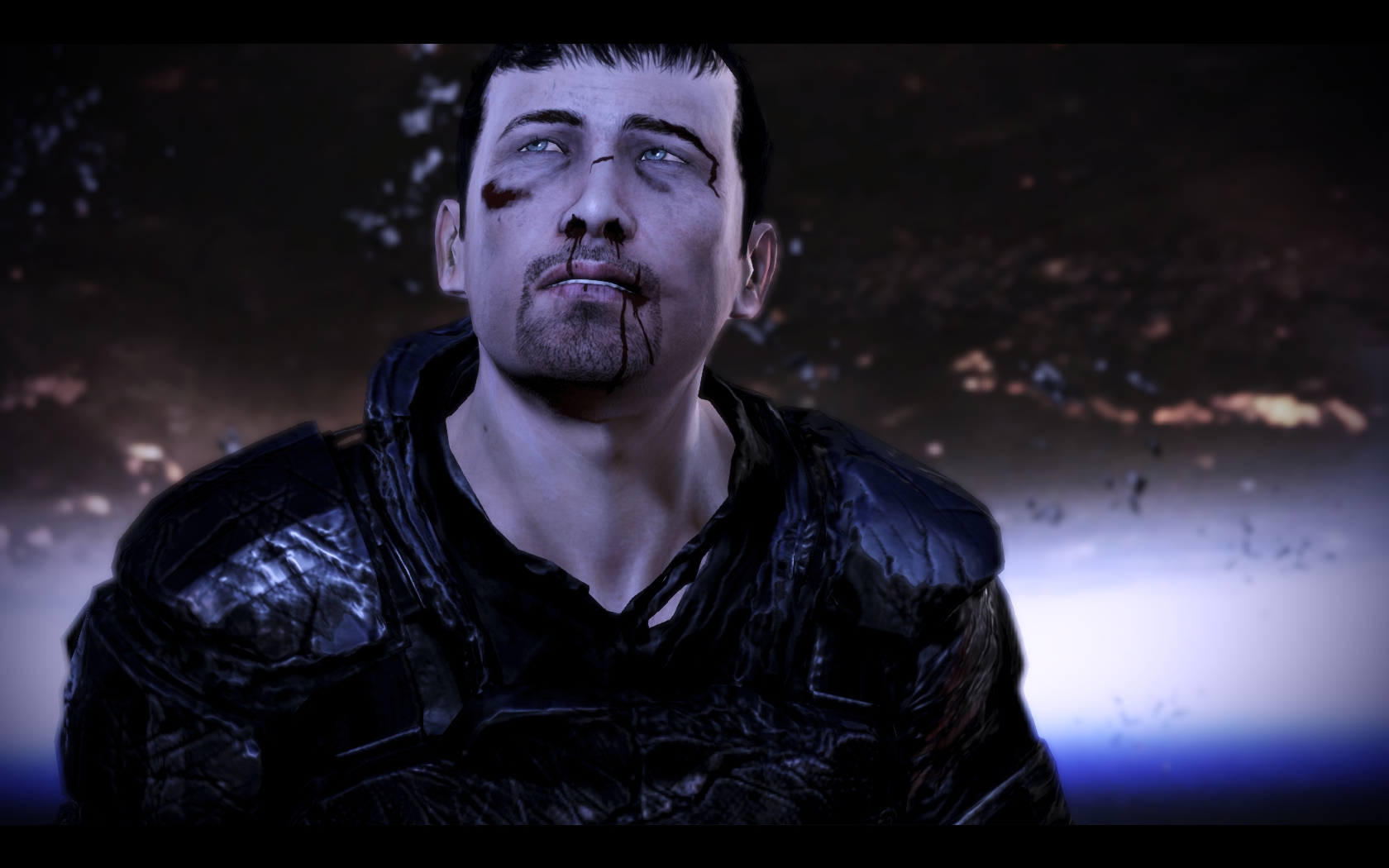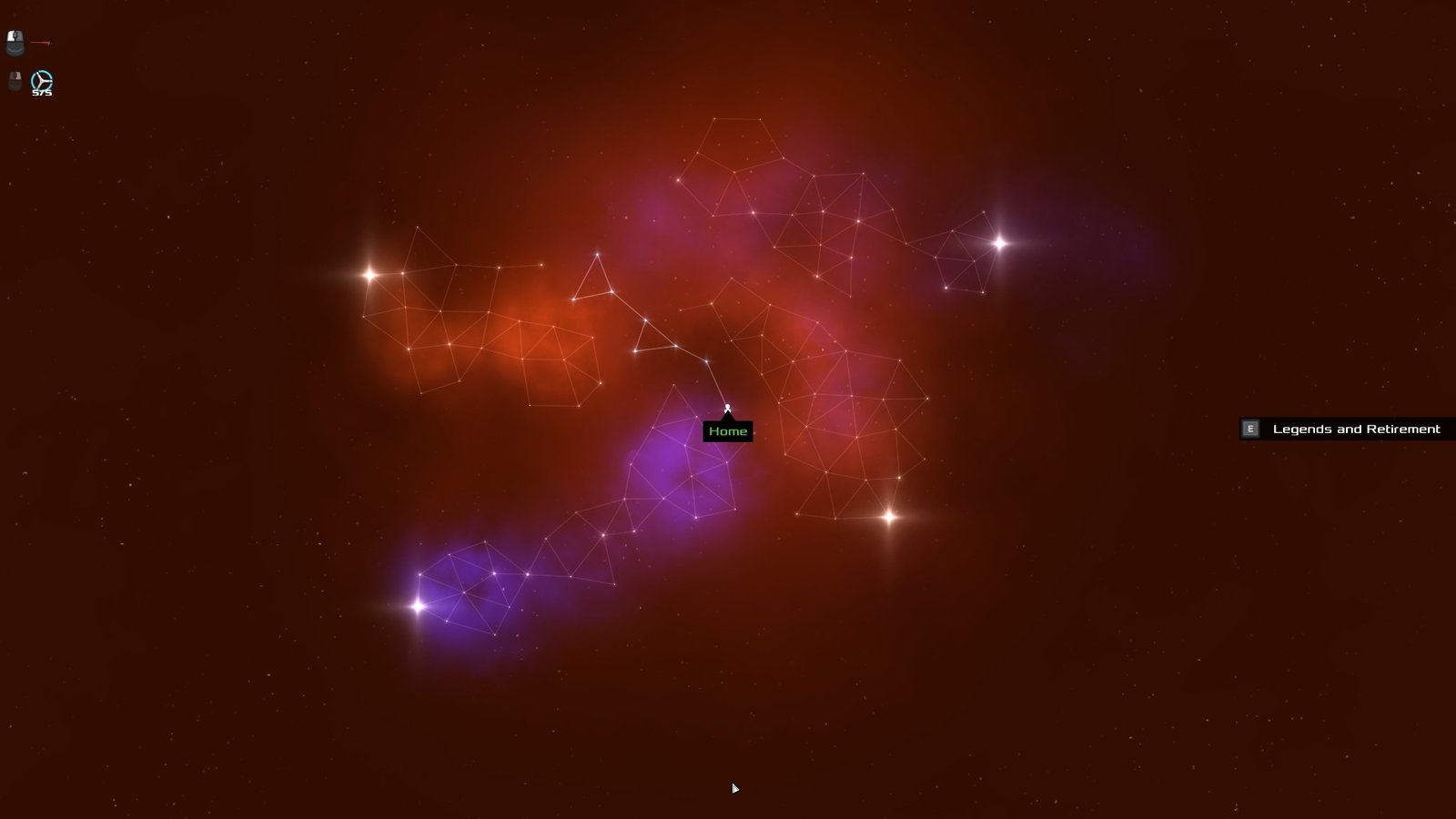This is not a review. The Witcher isn’t a game you can judge by ordinary standards. Perhaps it was the moment darkness fell on the outskirts village and I realised that the Northern Kingdoms were a genuinely dangerous place at night, entirely different to the sunny fields of the day. Perhaps it was when I noticed that the inhabitants of the game have sensible behaviour: working during the day, sleeping at night, relaxing at the inn in the evening. Perhaps it was when I came to appreciate that my actions had consequences that would resonate all the way down the storyline to the finale, or when I discovered that the game didn’t believe in simplistic concepts of ‘good’ and ‘evil’. Perhaps it was the final line of dialogue uttered by one of the bad guys towards the end of the game, a line so poignant and perfect that it gave me goosebumps.
Whenever and whyever it happened, The Witcher hooked and reeled me in inexorably, slowly, stealthily climbing its way up my list of favourite games until by its hugely satisfying conclusion it had somehow displaced even the mighty Psychonauts in my affections. It wasn’t a conclusion I had expected when I first started playing this quirky, dubiously translated, Polish RPG.
That this game is Polish to its core shouldn’t be overlooked. The game is based on author Andrzej Sapkowski’s Witcher saga of books from the 1990s and has been crafted by a Polish development team clearly familiar and somewhat in awe of the material, while still having the courage to change and update the stories and characters so that they play well in their new medium. From start to finish, The Witcher feels subtly different, in tone, storytelling, characters and its world.
Its plot emphasis diverges noticeably from the stories of Bioware and Bethesda, eschewing the traditional Hero Saves The World concepts for a less grandiose but considerably more personal and effective tale, with Geralt the Witcher hunting down those that attacked his people’s castle. That hunt does lead to broader themes of a coming apocalypse, but the themes remain resolutely down to earth, dealing with racism, misogyny, terrorism and human nature in much subtler ways than is common in the genre – even if the translation from the Polish dialogue to English at times struggles or even fails dismally.
The Witcher rejects the Bioware concept of Good vs Evil, represented commonly in their games by two opposing character statistics that alter based on your actions. While it was an idea that fit the Star Wars universe perfectly for Knights of the Old Republic, it’s become increasingly limiting and absurd as Bioware have moved into more sophisticated territory, with even the toned down version found in Mass Effect 2 it still represents a kind of morality that only really exists in the mind of Sarah Palin. In The Witcher morality is not reduced to a couple of statistics but instead works specifically through action and consequence, the game never firmly taking an ethical side but instead showing you the results of your decisions.
The real victory is that these results often only manifest themselves many hours later, so can’t be resolved with a simple quickload. Through deft storytelling these consequences never feel entirely like ‘failure’. They never make you feel like you made a mistake in game-terms, even if you perhaps made a mistake in terms of your own morals. Thus the game world adapts and alters based on your behaviour, sometimes subtle (your dealings with a Batman-styled vigilante werewolf) and sometimes broad (whether you define a particular group as freedom fighters or terrorists).
What separates The Witcher from most game is that it has an appreciation for subtext. To generalise wildly, most games don’t do subtext, only playing on a surface level. You are the space marine killing the bad aliens. You are the cop avenging his murdered family. You are the paladin saving the villagers. The Witcher refuses to treat its characters or stories so simply, layering on subplot and metaphor throughout. The two most compelling themes are the exploration of what exactly defines a ‘monster’ – should Geralt save his blades for vampires and werewolves, or are some humans worthy of his attention also? – and the difficulty of remaining neutral in a conflict.
It’s perhaps this latter one that is most intriguing, with the game initially offering you the classic Bioware trinity of ‘Good decision’, ‘Neutral decision’ and ‘Evil decision’, then increasingly withdrawing the possibility of remaining neutral, forcing you to take sides in the brewing rebellion whether you like it or not. That it also obfuscates ‘Good’ and ‘Evil’ to such an extent that it’s almost impossible to judge faction motivation objectively makes the decisions all the more exciting and risky.
For all this glowing praise, it should be noted that The Witcher is an accumulative experience. As I mentioned at the start, judging this game by ordinary standards doesn’t really work. On first appearances the game is a messy mixture of gameplay and design ideas that don’t immediately gel together, especially in its opening hours. The combat appears to be a QTE in disguise, requiring timed clicks to trigger pre-animated sword moves, the dialogue is hamstrung by a frequently dire translation from the original Polish, the menu screens are obtuse and over-designed and the playing areas seem restrictive compared to the epic sprawl of the Oblivions and Fallouts without having the tightly scripted, slick presentation of the Mass Effects. The opening chapter is slow and ponderous, worlds away from the epic bluster of those other games.
Like a good book, though, The Witcher builds chapter by chapter, gradually expanding the story’s scope until you’re quite entranced. By the time you realise in chapter 2 that you’re in the middle of noirish detective investigation it’s quite clear that the game is something a little different. It’s not a game that immediately impresses and it certainly requires patience and some creative filtering if you’re playing the English language version. But more than any other recent RPG, with The Witcher I feel like I visited a real place, populated by real, flawed, genuine people.
The Witcher 2 is currently in development and due for release in May 2011. It looks to have retained all the achievements of the first while improving drastically on the technology and gameplay aspects. Although I thought the same would be true of Mafia II, so hopefully The Witcher 2 will not befall the same fate as that game. Pick up a copy of The Witcher on Steam in the meantime, as it’s ridiculously cheap these days.
[youtube=http://www.youtube.com/watch?v=cLnxOOFudYs]




0 Comments
james witcher 2 fan · May 21, 2011 at 4:56 am
Like a good book, though, The Witcher builds chapter by chapter, gradually expanding the story’s scope until you’re quite entranced. By the time you realise in chapter 2 that you’re in the middle of noirish detective investigation it’s quite clear that the game is something a little different. yea i found that true my self it is well worth the cost of the game if you are a role playing game fan this is a must have
Entirely spiffing games of 2011 « Potential Gamer · January 7, 2012 at 6:27 pm
[…] voice acting and memorable, unique locations. Crucially, as with the original it’s again a game that understands subtext, every turn of its story weaving in motivations and history that operate on levels below and above […]